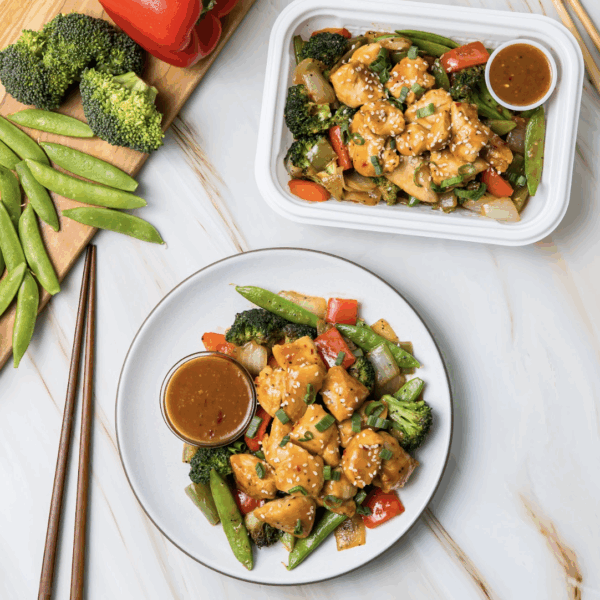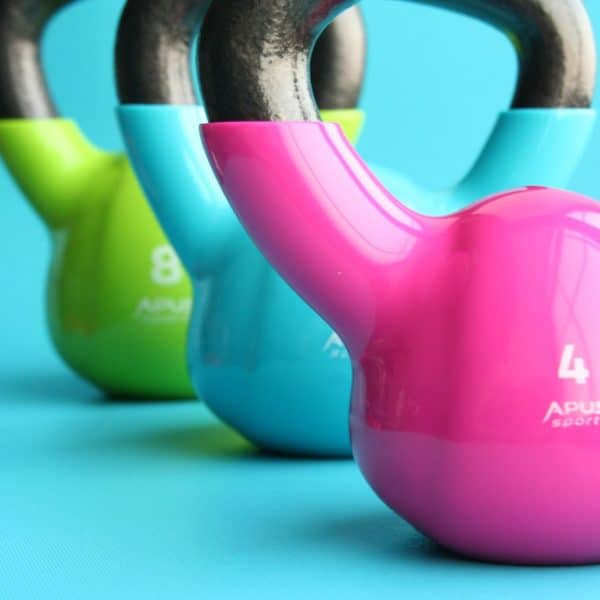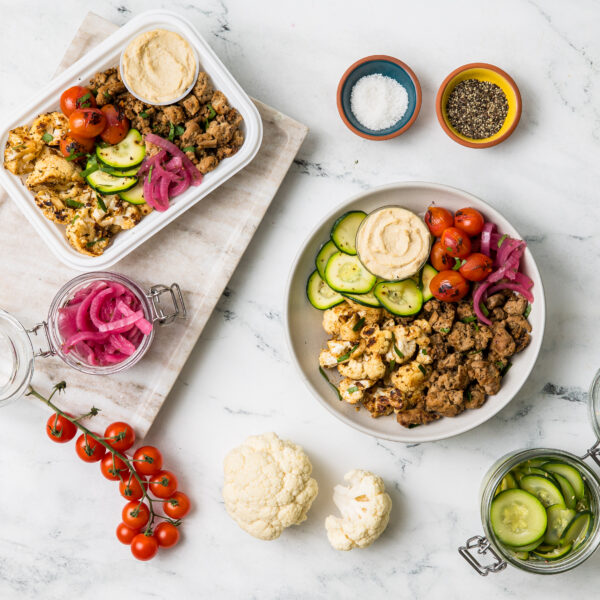With Coronavirus making the rounds (around, well, the entire world), we understand that it’s a really scary time for people. Given the heightened state of anxiousness around both flu season and the Coronavirus itself, we are here to help you dispel fact from fiction. Now is the perfect time to understand what we know so far about the outbreak AND how your diet and lifestyle choices are critical to protecting your overall health and boosting your immunity.
The latest on the Coronavirus
There’s a LOT of information floating around about the latest Coronavirus strain, or COVID – 19, which originated in late 2019 in Wuhan, China. While there’s still a lot that health organizations don’t know, there’s a lot they have figured out.
- It’s spread from person-to-person. It can be spread through respiratory droplets created when an infected person coughs or sneezes or when people are within close contact with one another (~6 feet).
- It can also be spread via surfaces. If an infected person coughs/sneezes or touches an inanimate object, they can theoretically leave the virus there. This is not thought to be the main method for virus spread.
- While people can spread the virus when asymptomatic, people are thought to be the most contagious when they’re the most symptomatic.
- Right now, there’s no proof that the virus spreads through pets, though there is a small amount of evidence that humans can spread it to dogs (without negative symptoms for the dogs).
Symptoms:
Symptoms may appear 2-14 days after exposure and include fever, cough, shortness of breath. Some people, particularly those who are older or have pre-existing health conditions, may experience more severe symptoms and illnesses.
We know this sounds scary, but keep in mind that the virus appears to manifest in most healthy people as a cold or flu. The good news is that there’s a lot you can do to boost immune health and help your body fight off sickness at any time of year. And the two biggest and easiest things to implement?
- Wash your hands regularly with soap and water, scrubbing for ~15-20 seconds.
- Try to avoid touching your face, since infections and viruses can get in through places like your nose and mouth. If you do need to touch your face, wash your hands first.
And what should you not do? Don’t buy a mask unless you are experiencing symptoms. With so many people stockpiling masks, there is a shortage for healthcare workers who actually need them. Experts are saying that masks may actually make you more susceptible to getting the virus (since you end up touching your face more) unless you know how to properly take it on/put it off, practice immaculate hygiene, and it fits correctly.
At Snap, we’re all about arming ourselves with preventative strategies, which is why we asked our lead RD, Sam, for some tips on how you can boost your immunity and further protect yourself against the viruses, infections, and other immune invaders that show up in the cooler months. She’s got the scoop on everything you can do to be prepared below.
Your gut is the key to vitamin absorption
We’ve talked about this a little bit before — our gut is more than just our stomach. It helps break down nutrients and absorb energy. It also contains hundreds of thousands of both good and bad bacteria that work in tandem to support mineral and vitamin absorption. It can so easily affect (and be affected by) our mindset — that’s why many experts call it our “second brain”.
For example, 95 percent of the serotonin your brain uses daily comes from your gut.
That’s why keeping it healthy is so important, especially when there’s a potential pandemic on the rise.
How you can support your gut
There are so many ways to help increase your vitamin and mineral absorption in your body and create an environment for your immune system to come out swinging.
- Consume probiotics – yes, we mean the good critters commonly found in fermented veggies, tempeh, miso, yogurt, and kombucha. Probiotics have been linked to a reduction in the duration of your sickness, as well as a decrease in the likelihood of getting sick. You can also supplement with probiotics. Just choose an option that has a mix of bacteria species and contains upwards of 5-10 billion organisms/capsule.
- Add in prebiotics – In order for probiotics to work, you should incorporate prebiotics into your diet as well! Prebiotics offer fiber which helps probiotics to be processed more easily (prebiotics feed the probiotics!). It can be found in asparagus, oatmeal, apples, bananas, and more.
- Eat your veggies – your mom was right. Fruits and veggies help the good bugs in your GI tract, aiding digestion and adding plenty of vitamins and minerals to your system.
- Limit refined & added sugars – sugar in any form gets converted into glucose for fuel. However, if you eat refined and added sugars (soda drinks, ketchup, etc.), you could be missing out on vitamins, minerals and antioxidants often found in foods that have natural sugars in them (like fruit). With refined and added sugar, you also miss out on naturally occurring components like fiber, which help slow the digestion of the sugar. Not to mention, excess sugar can suppress your immune system for hours after you eat it and lead to chronic inflammation.
- Drink bone broth – this goes back to the point we made about eating chicken noodle soup when you were home sick from school. Bone broth is an excellent source of protein, is packed with amino acids and minerals, and helps hydrate! It’s also rich in glutamine, which is crucial for a stressed gut.
- Prioritize sleep – there’s evidence that the micronutrients you give your body can aid in sleep. And the more you sleep, the more you’re able to give your immune system a fighting chance.
- Consider limiting gluten for at least two weeks – gluten is a protein found in wheat, barley, and rye. It’s also highly inflammatory and has been linked to intestinal permeability (or leaky gut).
- Add in a little collagen – this occurs naturally in bone broth, and it’s been shown to improve gut health, strengthen skin and nails, keep skin firm and glowing, and minimize joint pain.
When your gut is still missing vitamins
Take a daily multivitamin. This might sound like an obvious answer, but you’d be surprised. There is a lot of suspicion surrounding the dietary supplement industry, but the vitamin industry is actively regulated by the Food and Drug Administration (FDA). Aim for a quality multivitamin from a trusted source, and make sure the one you choose utilizes methylated folate and B-vitamins for easier absorption.
For whatever your diet lacks in vitamins and minerals, your multivitamin can help replenish. According to Harvard, “There is some evidence that various micronutrient deficiencies — for example, deficiencies of zinc, selenium, iron, copper, folic acid, and vitamins A, B6, C, and E — alter immune responses in animals, as measured in the test tube.”
There are hundreds of other ways to boost your immune system on top of the food you put into your body — this includes exercise, addressing your stress triggers, or limiting alcohol consumption. But one of the best ways to give it a boost is to eat a varied, balanced diet rich in veggies and low in added sugar and inflammatory foods.
Looking for a way to put your nutrition on autopilot? With meal plans from Snap Kitchen, you can set your nutrition on auto with our 1,200-1,800 cal per day plans. Simply unpack, heat, and enjoy! Get started with our meal plans today!





Leave a Reply
2 Comments
I upped the amount of bovine colostrum I was taking when all this started as it is also good for the immune system.
Awesome post! Thanks for sharing the knowledge and keep up the good work.